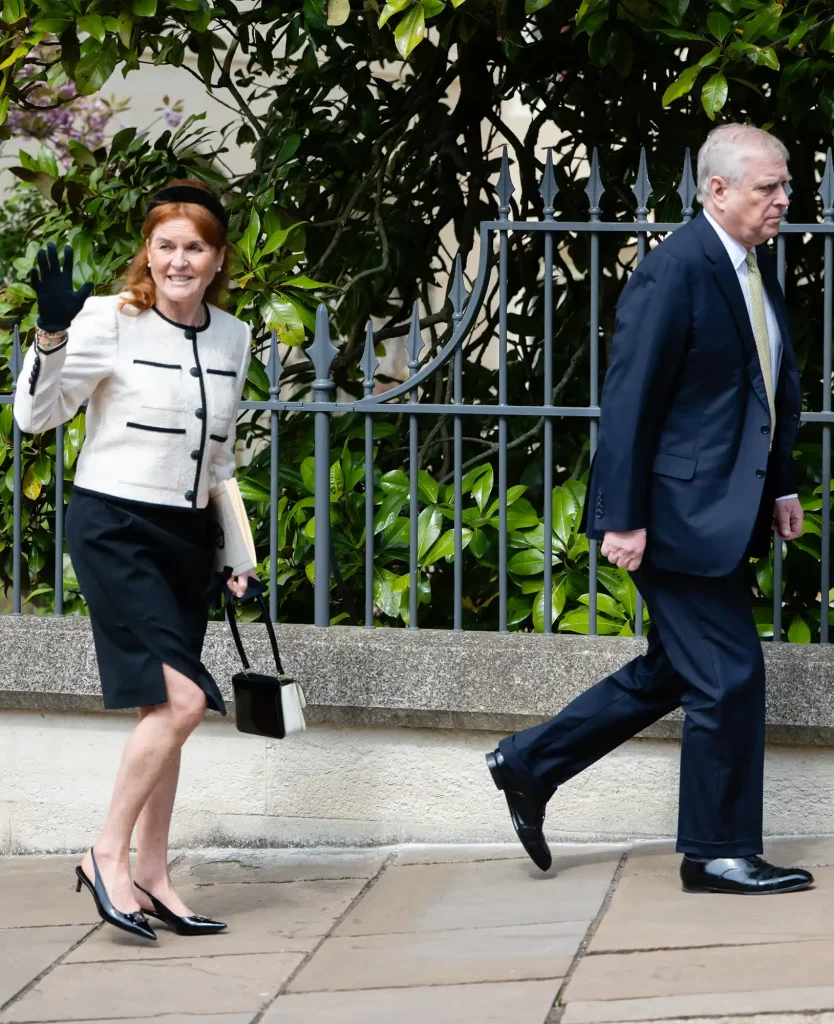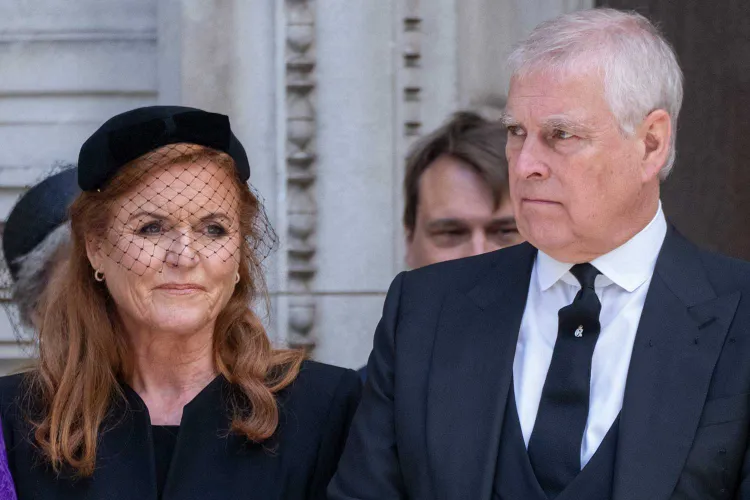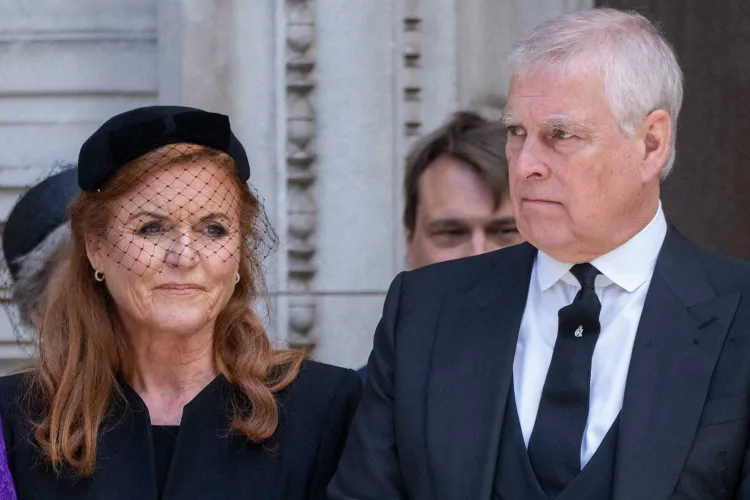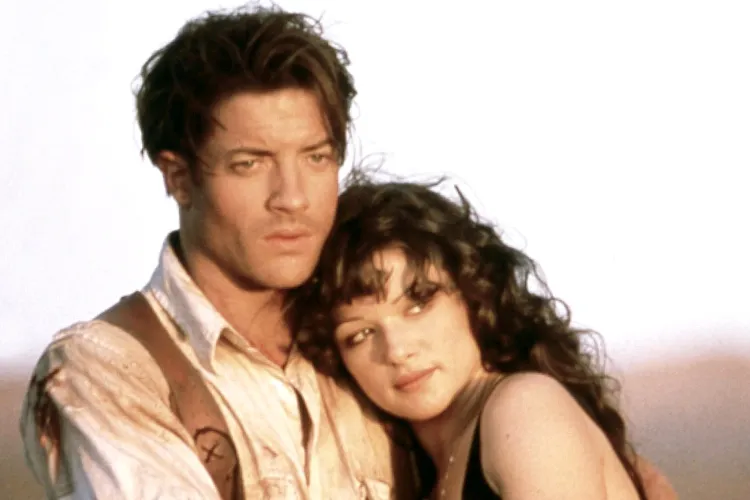After Prince Andrew’s Shock Move to Stop Using His Royal Titles, Sarah Ferguson Will Go By Her Name Alone — What It Means for Beatrice, Eugenie, and Royal Lodge
Sarah Ferguson will no longer use “Duchess of York.” The change follows a seismic turn inside the House of Windsor: Prince Andrew’s announcement that he will stop using his royal titles and honors, a decision made “with His Majesty’s agreement,” as renewed scrutiny over his past associations once again engulfed the monarchy. The move, delivered on Oct. 17 in a formal statement, extends a years-long retreat from public life and effectively ends the public use of “Duke of York,” even if the peerage technically exists in law unless Parliament acts.

For Ferguson, the shift is both symbolic and practical. Though she has long presented herself professionally as “Sarah Ferguson,” the mother of Princess Beatrice and Princess Eugenie retained the duchess style after her 1996 divorce. Now, in step with her ex-husband’s withdrawal, she will go by Sarah Ferguson in all contexts. Those close to the family frame the decision as a recognition of present realities: a desire to remove titles from headlines and reduce the collateral noise around King Charles’ agenda.
Prince Andrew’s statement was brief but pointed, saying that continued accusations distract from “the work of His Majesty and the Royal Family,” and that he would “no longer use [his] title or the honours which have been conferred upon [him].” The announcement followed a new round of reporting about his links to the late Jeffrey Epstein and years after Andrew stepped back from royal duties in 2019; he has consistently denied wrongdoing. News outlets across the spectrum characterized the step as extraordinary in modern royal history, noting that while he remains a prince by birth, public use of his styles will cease and any fuller legal removal of a dukedom would require parliamentary action.

What does this mean for the wider family? Notably, Princess Beatrice and Princess Eugenie retain their royal styles; nothing in Andrew’s statement changes their status as HRH Princesses, and there is no indication of alterations to the line of succession. Ferguson, meanwhile, is expected to continue living at Royal Lodge on the Windsor estate under existing private arrangements — an important detail given the swirl of speculation that often follows any York family headline.
The optics are unmistakable. Removing titles from daily use is a clean line in the sand — a recalibration meant to limit the monarchy’s exposure to reputational crossfire while preserving the institution’s ability to move forward. For Ferguson, who has spent much of the past decade rebuilding a public life built on books, advocacy, and media work, the choice to emphasize her name over a title underscores a familiar message: identity grounded in personhood rather than precedence.
There is, too, a practical side. Royal watchers note that the decision helps clarify protocol at events and in media billing, avoiding the awkwardness of half-in, half-out styles that often confuse the public. In the near term, it also takes pressure off Beatrice and Eugenie, whose roles have always been carefully balanced between private careers and royal family visibility.
As with any royal shift, questions remain. Could Parliament someday move to remove peerages in circumstances deemed damaging to the Crown? Some commentators say the debate is likely to intensify, though no bill is currently before lawmakers. What seems certain is that the path chosen this week reflects a consensus: reduce the temperature, protect the institution, and allow the King’s priorities to proceed without constant detours.
For Sarah Ferguson, the moment is also an ending and a beginning — a closing of the chapter that attached her name to a duchy now receding from public view, and a return to the name she has used in her work for years. Whatever comes next, the signal is unmistakable: in a family defined by titles, sometimes the most powerful statement is stepping away from one.



